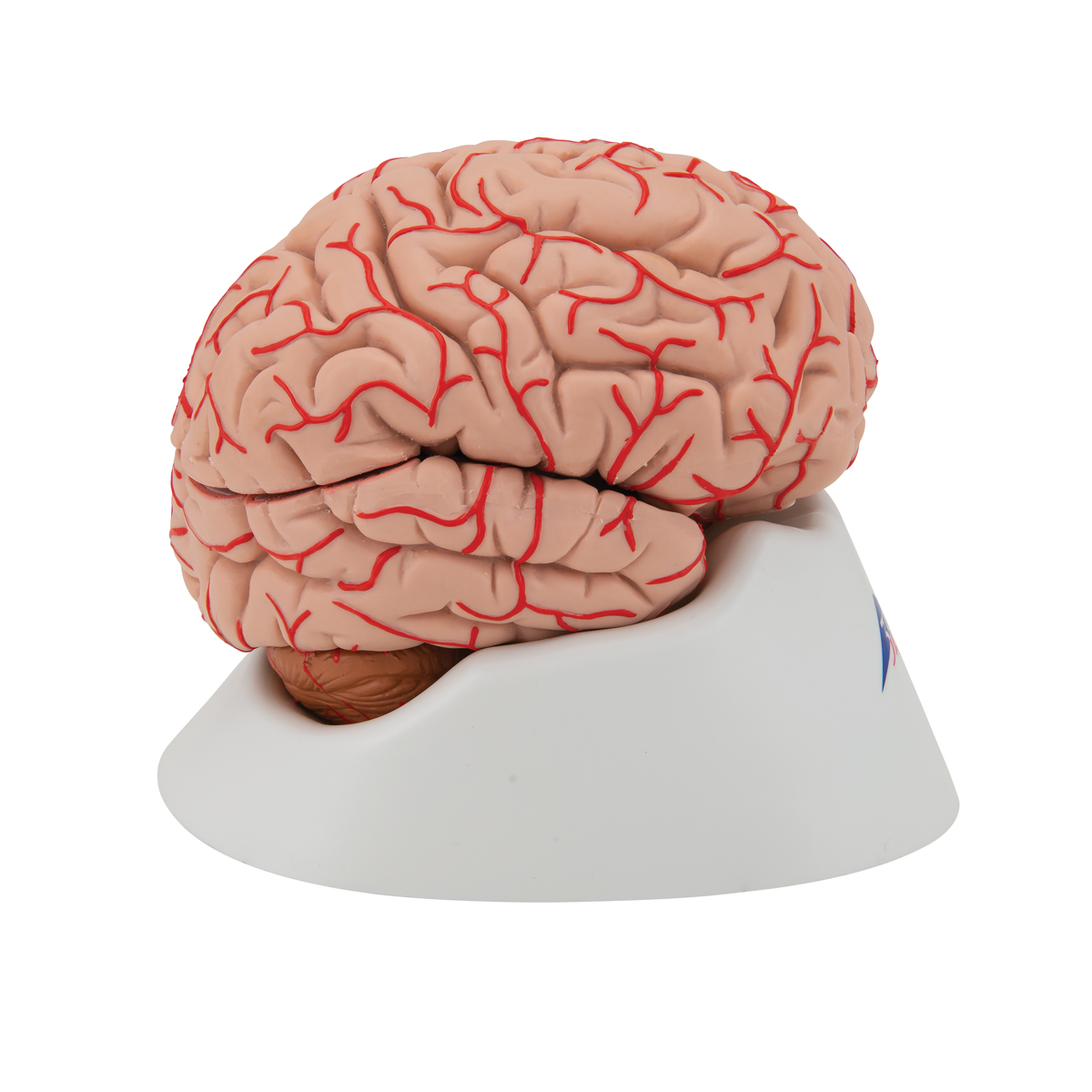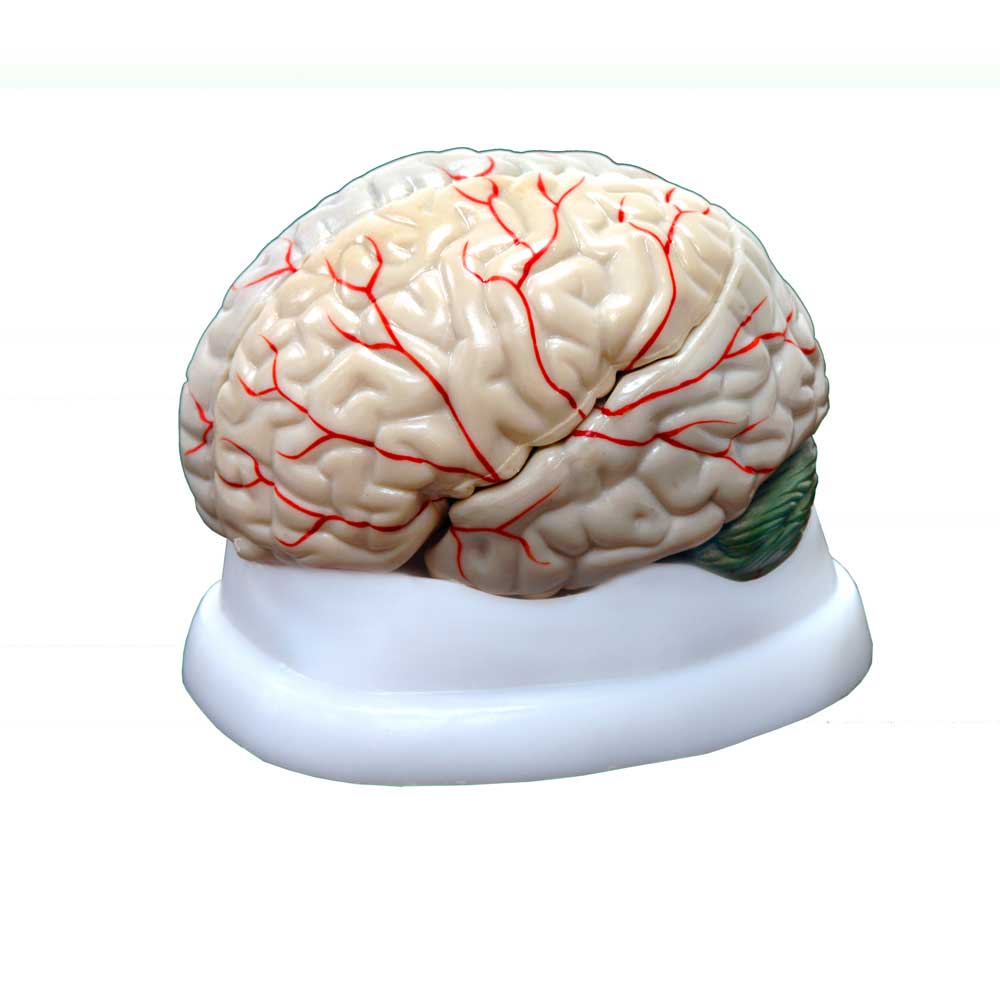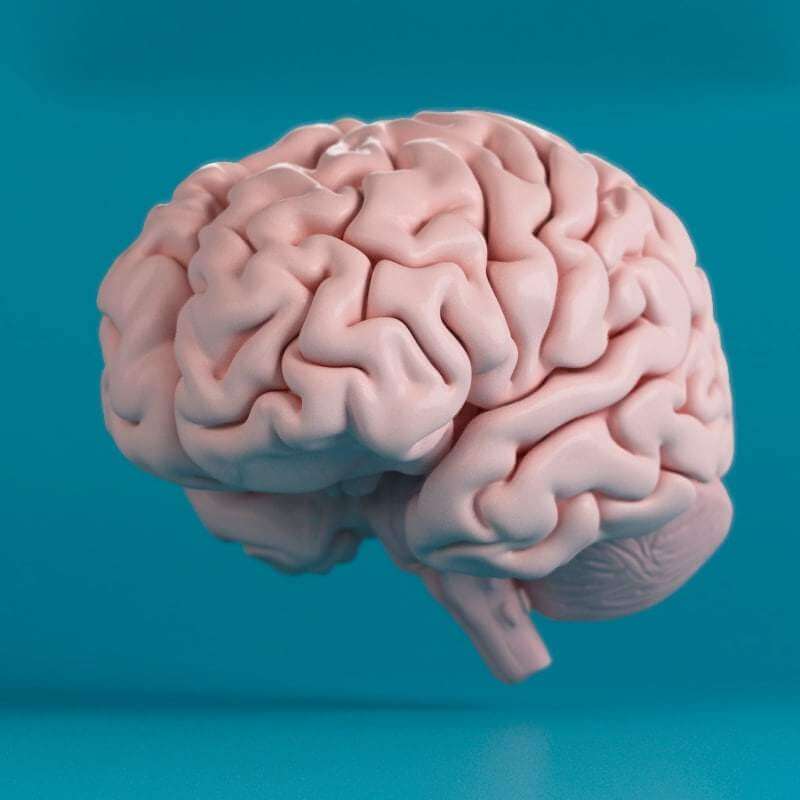Understanding Brain Fog in the Morning: Causes and Solutions
Brain fog in the morning can be a challenging experience for many individuals. It often manifests as confusion, fatigue, and difficulty concentrating. Starting the day with brain fog can quickly become frustrating. Consequently, many people may feel unproductive and sluggish. Recognizing the underlying causes can pave the way for effective strategies to combat this issue. This article explores potential reasons behind morning brain fog and offers practical solutions to enhance mental clarity.
Common Causes of Morning Brain Fog
Understanding the common causes of brain fog in the morning is essential for finding effective solutions. Sleep quality plays a significant role in cognitive function. Many individuals do not get the recommended 7 to 9 hours of quality sleep each night. Sleep deprivation can lead to increased fatigue and reduced cognitive performance. Poor sleep can result from stress, anxiety, or sleep disorders such as sleep apnea.
Another contributing factor to morning brain fog is dehydration. Many individuals neglect to drink enough water throughout the day. Overnight, the body continues to lose fluids, which can result in mild dehydration by morning. Dehydration affects cognitive function and can lead to feelings of confusion and fatigue.
Additionally, nutrition plays a critical role in determining cognitive performance. Consuming a heavy, unbalanced meal before bedtime can disrupt sleep quality. High sugar or high fat meals can also lead to sluggishness the next day. Nutritional deficiencies, particularly of vitamins B12 and D, can further contribute to brain fog and poor cognitive function.
Hormonal changes can also impact cognitive clarity in the morning. For instance, fluctuations in hormone levels during menstruation, pregnancy, or menopause can lead to temporary cognitive issues. Understanding these factors can empower individuals to take steps toward reclaiming their mental clarity.

The Role of Sleep Quality
Sleep quality is crucial for cognitive function, particularly in the morning. Brain fog often stems from insufficient or poor-quality sleep. When the body does not receive sufficient rest, it struggles to perform optimally. Individuals may experience confusion, irritability, and difficulty concentrating due to inadequate sleep.
To improve sleep quality, establishing a consistent sleep schedule is essential. Going to bed and waking up at the same time each day helps regulate the body’s internal clock. This practice encourages a more restful sleep experience. Additionally, creating a relaxing bedtime routine can signal the body that it is time to sleep.
Reducing screen time before bed is also critical. The blue light emitted by phones and computer screens can interfere with melatonin production, disrupting sleep cycles. Engaging in calming activities, such as reading or meditating, can promote relaxation and better sleep.
Creating an optimal sleep environment enhances quality rest. Keeping the bedroom dark, cool, and quiet significantly contributes to improved sleep. Investing in comfortable bedding and blackout curtains can transform the sleep experience.
By prioritizing sleep quality, individuals can reduce brain fog in the morning. Improved rest leads to enhanced memory retention, focus, and overall cognitive performance. Making sleep a priority works wonders for mental clarity throughout the day.
Hydration and Brain Fog
Proper hydration plays a vital role in combating brain fog in the morning. The body requires adequate water intake to maintain optimal cognitive functioning. Many individuals overlook the importance of hydration, especially overnight. As a result, mild dehydration may occur by the time morning arrives.
Dehydration can lead to symptoms such as confusion, fatigue, and lack of concentration. These factors contribute directly to brain fog. To mitigate these symptoms, it is important to drink water both before bed and upon waking. Ultimately, this practice helps counteract the effects of dehydration overnight.
To maintain hydration over the course of the day, carrying a reusable water bottle can be helpful. Consistently sipping water throughout the day reinforces healthy hydration habits. Setting reminders to drink water can also ensure optimal intake.
In addition to water, consuming hydrating foods can further support hydration. Fruits and vegetables, like cucumbers, watermelon, and oranges, can help replenish fluids effectively. Including these options in meals and snacks aids in maintaining hydration levels.
Staying consistently hydrated can significantly improve cognitive performance and reduce brain fog. A well-hydrated brain functions better and can process information more efficiently. Ultimately, prioritizing hydration is a simple yet powerful strategy to combat morning brain fog.
Nutrition and Breakfast Choices
Nutrition plays a fundamental role in fighting morning brain fog. The first meal of the day, breakfast, sets the tone for mental clarity and energy levels. Consuming a well-balanced breakfast can greatly enhance cognitive function and reduce feelings of fatigue.
Brain-boosting breakfasts typically include a mix of proteins, healthy fats, and complex carbohydrates. Examples include oatmeal topped with berries and nuts, or Greek yogurt with mixed fruit and granola. These foods provide essential nutrients that fuel the brain and promote stable energy levels throughout the morning.
Conversely, a breakfast high in sugar or refined carbohydrates can have the opposite effect. These foods may cause a rapid spike in blood sugar, which later leads to a crash in energy. A crash can contribute to feelings of confusion and fatigue, exacerbating brain fog.
Including nutrient-rich foods effectively combats cognitive difficulties by providing essential vitamins and minerals. Foods rich in omega-3 fatty acids, antioxidants, and B vitamins promote brain health. These nutrients work together to enhance cognitive performance and emotional well-being.
Prioritizing a healthy breakfast can greatly impact morning mental clarity. A balanced meal fuels the body and ensures the brain receives necessary nutrients. With the right breakfast choices, fighting brain fog effectively becomes achievable.

Stress Management Techniques
Stress can significantly contribute to brain fog, making effective stress management essential. High levels of stress can lead to fatigue, confusion, and reduced concentration. By implementing stress reduction techniques, individuals can enhance cognitive clarity and overall well-being.
Practicing mindfulness and relaxation techniques can help alleviate stress effectively. Techniques such as deep breathing exercises, yoga, and meditation foster mental well-being. Incorporating these practices into daily routines promotes relaxation and prepares the mind for focused thinking.
Exercise is another effective way to manage stress. Physical activity releases endorphins, which help improve mood and reduce anxiety. Engaging in at least 30 minutes of moderate exercise most days is beneficial for both physical and mental health.
Taking regular breaks throughout the day is also crucial for managing stress levels. Short breaks allow the mind to recharge, preventing feelings of overwhelm and mental fatigue. Engaging in enjoyable activities during breaks can further enhance relaxation.
Setting realistic goals and boundaries can contribute to reducing stress. Overcommitting can lead to burnout, negatively impacting cognitive function. Prioritizing tasks and focusing on what is essential fosters a manageable workload.
By effectively managing stress, individuals can reduce the impact of brain fog in the morning. A proactive approach to stress management enhances mental clarity and productivity. Improved cognitive function subsequently leads to a more fulfilling and focused day.
Regular Exercise and Brain Health
Regular exercise is integral to maintaining brain health and combatting morning brain fog. Physical activity promotes blood flow to the brain, delivering essential nutrients and oxygen. This improved circulation contributes to enhanced cognitive function and mental clarity.
Aiming for at least 150 minutes of moderate aerobic activity each week is recommended. Engaging in activities like brisk walking, swimming, or cycling can be effective options. Additionally, incorporating strength training exercises two days per week supports overall fitness and cognitive health.
Whether at home or outdoors, finding enjoyable activities is essential for maintaining motivation. Yoga, dance classes, or team sports can provide fun and engaging ways to stay active. Establishing a regular exercise routine fosters a sense of accomplishment while improving focus and clarity.
Exercise benefits mood and cognitive performance. The release of endorphins enhances overall feelings of well-being, improving emotional health. As a result, incorporating physical activity into daily life can combat symptoms of brain fog effectively.
In summary, regular exercise significantly enhances brain function and mental clarity. Finding enjoyable activities helps create a sustainable routine that promotes health. By prioritizing physical activity, individuals can maintain cognitive performance and combat morning brain fog effectively.
Importance of a Healthy Work-Life Balance
Maintaining a healthy work-life balance is essential to managing brain fog effectively. Overwhelming demands from work, family, and social obligations can lead to increased stress and fatigue. Striking a balance among these responsibilities is crucial for preserving mental clarity.
Setting boundaries is vital for achieving a healthy work-life balance. Designating specific work hours and sticking to them ensures that personal time is respected. This practice helps individuals recharge and prevents burnout, which can exacerbate morning brain fog.
Incorporating regular breaks during the workday also enhances productivity and mental clarity. Short pauses help refresh the mind and prevent overwhelm. Engaging in enjoyable activities during breaks, such as listening to music or exercising, can further promote relaxation.
Prioritizing self-care is key in maintaining a healthy balance. Engaging in activities that provide joy and relaxation, such as reading or traveling, enhances overall well-being. Allocating time for personal interests fosters a sense of fulfillment outside of work.
Additionally, practicing time management skills helps individuals juggle responsibilities effectively. Prioritizing tasks and setting achievable goals can prevent feelings of overwhelm. Maintaining a manageable workload ultimately contributes to reducing brain fog.
Achieving a healthy work-life balance significantly reduces morning brain fog. Structuring routines makes it easier to cultivate clarity and focus. By taking intentional steps toward balance, individuals can improve their mental sharpness and enjoy daily activities.

Seeking Professional Help
If brain fog in the morning persists despite implementing lifestyle changes, seeking professional help may be necessary. Consulting a healthcare professional can offer valuable insights into potential underlying issues. Professionals can diagnose conditions related to cognitive difficulties and recommend appropriate treatment.
Understanding that brain fog can often be attributed to medical conditions is essential. Conditions such as sleep disorders, hormonal imbalances, or nutrient deficiencies may require intervention. Identifying and addressing these issues can effectively combat brain fog symptoms.
Furthermore, mental health professionals can provide additional support. Anxiety or depression can contribute to feelings of confusion and lack of focus. Speaking with a therapist or counselor can equip individuals with coping strategies and resources to combat brain fog.
Joining support groups can also be beneficial. Connecting with others who experience similar challenges fosters a sense of understanding and shared experiences. Sharing tips and coping strategies can provide additional insights into managing brain fog effectively.
Ultimately, seeking professional assistance is a proactive step toward improving mental clarity. It demonstrates commitment to addressing cognitive health challenges. By obtaining the right support, individuals can implement effective strategies to combat brain fog and enhance cognitive function.
Conclusion: Reclaiming Clarity
Brain fog in the morning can hinder daily life, but understanding its causes and implementing effective strategies is crucial. By prioritizing sleep quality, hydration, and nutrition, individuals can enhance cognitive clarity. Managing stress, engaging in regular exercise, and maintaining a healthy work-life balance further contribute to improved mental performance.
Recognizing the importance of professional help when needed ensures that proactive steps are taken. Whether through lifestyle changes or therapeutic resources, individuals can reclaim their cognitive sharpness.
Ultimately, addressing brain fog is an achievable goal. By committing to lifestyle improvements and seeking support, individuals can conquer morning brain fog. Embracing these strategies fosters overall mental well-being and leads to a more productive, fulfilling daily life.
